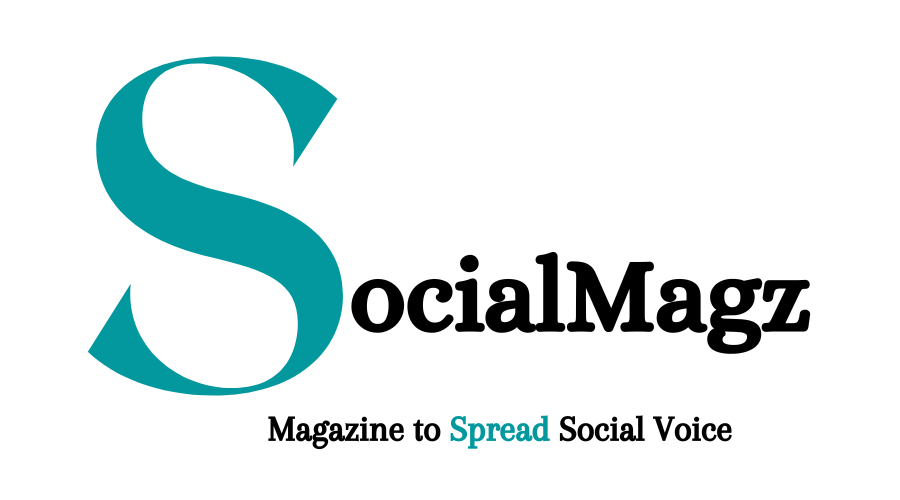Why Is Instagram Bad For Society And Education?

Ella is an experienced content publisher and Senior Editor at…
For the first time, Instagram was called the most harmful platform for people three or four years ago by the British researchers from The Royal Society for Public Health. They surveyed about one and a half thousand users under 25, asking them questions about popular social networks. As a result, it turned out that YouTube and Twitter have the least negative impact on the human psyche, but Instagram, in this sense, has become the leader. The most painful points of the network were also revealed: yes, those who often use it develop a painful fixation on their appearance, regularly — dissatisfaction with it, envy, which ultimately leads to depression. In addition, anxiety, nervousness, fear of missing some “important news,” insomnia developed. But any addictions become the object of research of psychologists.
Addictive Behavior Patterns: Instagram Boosts Anxiety
In the language of experts, this is called addictive behavior patterns of the obsessive-compulsive disorder type. This can be explained as follows: in order to relieve anxiety and calm down for a while, a person gets used to performing the same actions, namely, endlessly uploading something for users to view, writing their news and posts, posting photos. Without doing this, a person experiences an “itch”, an irresistible desire to see if someone is ahead of him with a new post, how many liked this or that photo received. The lack of the proper number of likes causes confusion, irritation, a constant obsessive desire to perform the same actions, which for a while relieves anxiety and dials stress down. The dependence on following the news and the need to upload your own news, write posts, publish photos, and so on is formed.
Why Comparing Yourself With Others Is That Bad?
People, in general, tend to compare themselves and other people. Moreover, their ideas about happiness may vary considerably. Still, the desire to be “no worse” embedded in the depths of the psyche can devalue the system of personal values and make one doubt their significance.
How else can attempts to imitate someone else’s life reflect on the character? Calling for communication, social networks, as a result, form the opposite desire — to go into the shell, to hide, communicating with the world only through an account. Experts state that active users of any network sooner or later isolate themselves from society, or, on the contrary, especially if they are accompanied by “social success”, experiencing not a desire, but an urgent need to constantly inform the world about events in their lives, thoughts, actions, purchases, plans. Life for the show is the main trend of using Instagram, which can take on clinical forms. The “image race” is actually far more serious than any other race.
Stress and anxiety affect students more than adults, as students are usually more dependent on social acceptance. In turn, anxiety negatively affects cognitive function, making it more difficult for students to deal with their studying routines and academic papers. If, for any reason, you get stuck with your writing assignments, before blaming yourself, assess your level of stress. If you feel overwhelmed, it may be a good idea to address a reliable paper writing service, such as Cheap Writing Help, for affordable essay help from academic experts. Place an order, let an experienced writer deal with it, and feel less stressed to deal with other tasks you have on your to-do list.
“— In an effort to show himself more and more successful, wealthy, happy, a person embarks on a path that does not imply even the slightest stop, – explains the psychologist. – The user’s task is to create some kind of illusion for others, but as a result, the victim of this illusion becomes, first of all, the person himself. He is no longer him. He is who he wants to appear. But being in any image invariably leads to the adhesion of your own skin with this image. It is impossible to separate them, but on the street, you simply may not recognize your idol or the object of envy.”
Is There A Silver Lining? There Certainly Is.

Two years ago, at the New York Times DealBook conference, Snapchat CEO Evan Spiegel said Instagram users feel “terrible” because the social network forces them to “fight for popularity.” He claims that on the app, people are constantly fighting for the attention of subscribers — they are in pursuit of likes, views, and comments. Because of this, they experience depression and related problems. And Snapchat doesn’t have all of this.
Business Insider published an article by Nathan McElon, in which he studied the issue of the impact of services on the psychological state of users.
The theory is simple: Instagram has a measure of success — likes, comments and views — this creates the conditions for the fight for popularity. In pursuit of the attention and approval of others, users compare their progress with each other and fall into a depressed state. It sounds logical, but the problem with this theory is that it does not find confirmation. On the contrary, research shows that both applications generally have a positive effect on the psychological state of users.
It turned out that on both social networks, people feel playful, attractive, creative, adventurous, and flirty. But Instagram also provokes one negative feeling – self-doubt. At the same time, 8 out of 9 Instagram emotions were positive. More often than not, Instagram inspires.
Passive Observation Of Strangers Can Still Spoil The Mood
Still, you shouldn’t idealize the impact of social media on a person. While searching for research on the negative impact of social media, McElon found a 2015 study that found passively watching Facebook feeds can lead to feelings of envy. Please note that this only applies to passive surveillance. We could not find any influence on the well-being of active users.
Another 2015 study found that Instagram worsens the mood of those who follow many strangers. But it has a positive effect on those who follow just a few strangers.
Obviously, people’s mood is influenced not so much by what social networks they use, but how they use them.
Ella is an experienced content publisher and Senior Editor at SocialMagz.com. With a passion for technology and a wealth of knowledge in the field, Ella brings a unique perspective to the website and its readers.








